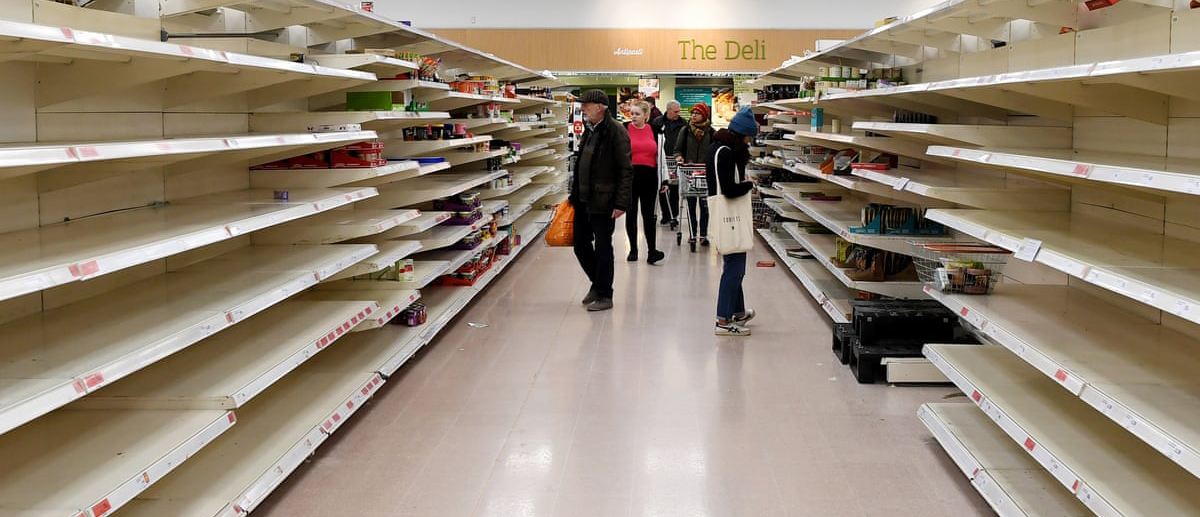We are conditioned to compete for scarce resources – we’ve been that way for many thousands of years. Of course, when we perceive something is scarce, we compete for it. This is why people panic buy and hoard. It’s just the same as rushing to get a seat on the train or getting your elbows out to get served at the bar.
To break the cycle, people need to understand what they are doing and also to ‘see’ that the resource isn’t scarce – this is where communication from authorities needs to be better.
Take a look – we’ve seen it during the COVID-19 throughout the start of the COVID-19 crisis the supermarkets and local shops were open and deliveries continued to arrive. The supply chain continued to work; it’s just not optimised for so many people buying more stuff than they need all at the same time. And now, we have a rush on fuel. Again, there is plenty of fuel in the UK.
Here’s a different example which I came across in a Ted Talk recently and its similarities screamed at me. Bear with me….
Tucson, Arizona gets only 28 centimetres of rainfall each year. In 100 years, they have completely drained its river, which used to flow year-round. It is now dry and all the vegetation surrounding it is gone. Not only that, but they pumped out so much ground water, that the water table is now a huge 91 metres lower than it was 100 years ago!. But here’s the kicker, 28 centimetres of rain across the city is MORE water than the city uses each year. The problem is the wasting of the natural resource – letting rainwater flood away – and the perception of scarcity that is the problem. (See Ted Talk – ‘Planting the rain to grow abundance’).
What can we learn?
Individually none of us can convince the whole community to stop panic buying or competing for resources when there is a perceived scarcity – and you can bet shouting at people isn’t going to make them stop.
So, what should we do?
It’s tough! I think we can all get a little more imaginative about what we eat and where we shop; we can all do a little more to look after and help each other; and we can listen and adhere to expert advice. Most importantly, we can open our eyes, help others open theirs and be a little more flexible in the way we live our lives. Perhaps most importantly, once we’re through this we might have learned a few things.
